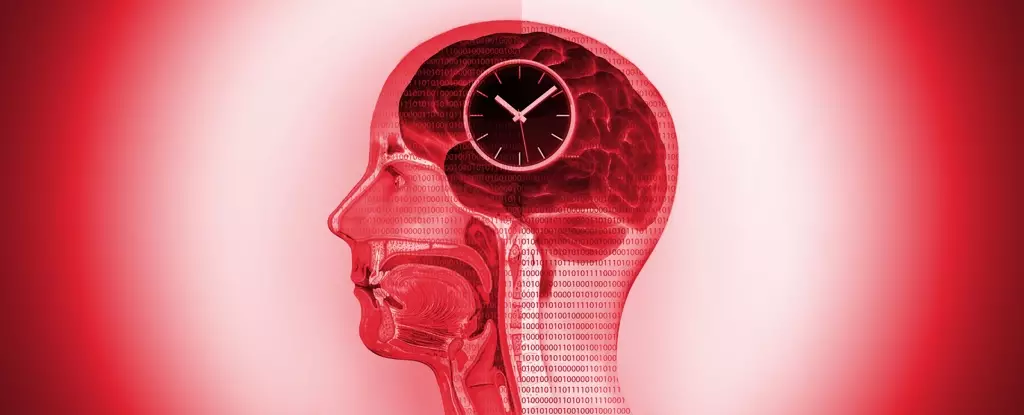The fight against obesity has been ongoing for years, with researchers constantly seeking new ways to address this global health crisis. One recent study conducted by scientists in China has shed light on the potential benefits of intermittent calorie restriction in altering both the gut microbiome and brain activity, offering a new avenue for managing weight.
In the study, 25 obese volunteers participated in an intermittent energy restriction (IER) program over a period of 62 days. This program involved carefully monitoring calorie intake and incorporating fasting on certain days. The results were striking, with participants experiencing an average weight loss of 7.6 kilograms (16.8 pounds) and a significant reduction in body weight by 7.8 percent.
The researchers discovered that the changes in the gut microbiome and brain activity were interconnected, suggesting a complex relationship between the two. While the precise mechanisms behind these changes are still unclear, there is evidence to suggest that the gut and brain communicate with each other in a bidirectional manner.
Through functional magnetic resonance imaging (fMRI) scans, shifts in brain activity were identified in regions responsible for appetite regulation and addiction. Notably, the inferior frontal orbital gyrus showed alterations, indicating a potential link between gut microbiome composition and brain function.
Analysis of stool samples and blood measurements revealed significant changes in the gut microbiome composition, particularly with bacteria like Coprococcus and Eubacterium hallii. These changes were associated with activity in specific brain regions, providing further evidence of the interconnectedness between the gut and brain.
Obesity affects over a billion people worldwide and is a leading risk factor for various health conditions, including cancer and heart disease. Understanding the intricate relationship between the gut microbiome and brain activity could revolutionize obesity prevention and treatment strategies.
Moving forward, researchers are focused on unraveling the exact mechanisms through which the gut microbiome and brain communicate in obese individuals, particularly during weight loss. By gaining insights into this complex interplay, we may pave the way for more effective interventions in the battle against obesity.
The study on intermittent calorie restriction and its impact on the gut-brain connection underscores the critical role of these two organs in regulating weight and overall health. By delving deeper into this relationship, we may uncover novel approaches to combating obesity and improving global public health outcomes.


Leave a Reply